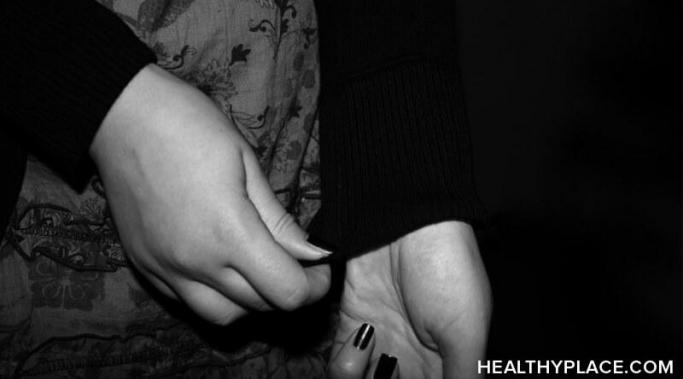Blogs
Did you know there are many different types of self-care? I believe there are five primary types of self-care, and all of them are equally important. It can be easy to practice some and neglect others. If your only types of self-care are going to the gym, taking bubble baths, or getting massages, you are likely missing some key components to maintaining overall wellbeing.
Distress tolerance skills are coping skills taught in dialectical behavior therapy (DBT). Dialectical behavior therapy is a type of treatment that teaches patients how to regulate their emotions and respond to distress through skills training. Distress tolerance skills have proved to be especially effective in people struggling with self-harm and other self-destructive, maladaptive behavior.
Research studies have found many parallels between bulimia and drug addiction. Conceptualizing bulimia as an addiction, or simply understanding the similarities between these mental health problems may help open up new possibilities for treatment.
Is your habitual thinking helpful or unhelpful to your mental health recovery? Today, my therapist completely changed my approach to recovery, and even more importantly, she changed how I see myself and my decisions. With one simple question, she encouraged me to be more compassionate toward myself than I have been in years. I was explaining to her how I tend to get stuck in my mind whenever I feel I've failed or messed up because I sit and think about what I've done wrong, why, and why that makes me a terrible person. She asked, "Okay, but how does that help you?"
Mental health advocacy for a loved one fights the stigma that exists in the most unlikely places. The past few weeks were quite overwhelming. Following a stay in a psychiatric ward, my husband was released. We dealt with multiple issues during that stay, including poor psychiatric care and a bizarre meeting with a highly unethical psychiatrist to discuss said care. In short, be aware that psychiatric hospitalization, while very important, also may lend itself to abuse of power. Involve yourself in your loved one's care because mental health advocacy for your loved one is crucial.
Mental illness and accountability have a necessary relationship. At times, mental illness may contribute to bizarre, atypical or inappropriate behaviors, but it doesn't serve as an outright excuse for such acts. Taking responsibility for one's actions is critical to functioning in society, and mental illness does not diminish the significance of accountability.
#YouCantCensorMySkin is a backlash against Instagram's attempt to censor self-harm scars on the platform. There are many reasons why something might be censored. In the mental health sphere, it's often done in an attempt to avoid negatively impacting others by triggering them. This is especially true for self-harm, but it begs the question of at what point does censorship become stigma?
Mental health therapy can seem faulty at times. Even with the best therapist and treatment plan, mental health relapses can happen. New problems can arise. So it can be really easy to doubt the benefits of therapy. Before giving up on mental health therapy altogether, here are some things you should consider.
Making doctors listen to you is actually a tall order. I know it seems like it shouldn't be, but it is. If you read my piece last week, "Psychiatrists Won't Listen to Patients -- 8 Reasons Why," (applicable to any type of doctor) then you have an idea as to why. So while last week I focused on the problem, this week I want to focus on the possible solutions. Here is what you can do to make doctors listen to you.
Hello, my name is Mahevash Shaikh and I am thrilled to join the "Work and Bipolar or Depression" blog at HealthyPlace. I was diagnosed with major depression in 2018 at the not-so-tender age of 27. But way before an official diagnosis, I always knew in my gut that I was suffering from this mental disorder. Gut feelings like these have a way of coming true, don’t they? Also, it was the only reasonable explanation for why I felt so inexplicably low at times. It was either that or teenage mood swings. Irrespective of the reason, I definitely did not buy into the theory that I was “being ungrateful.”









